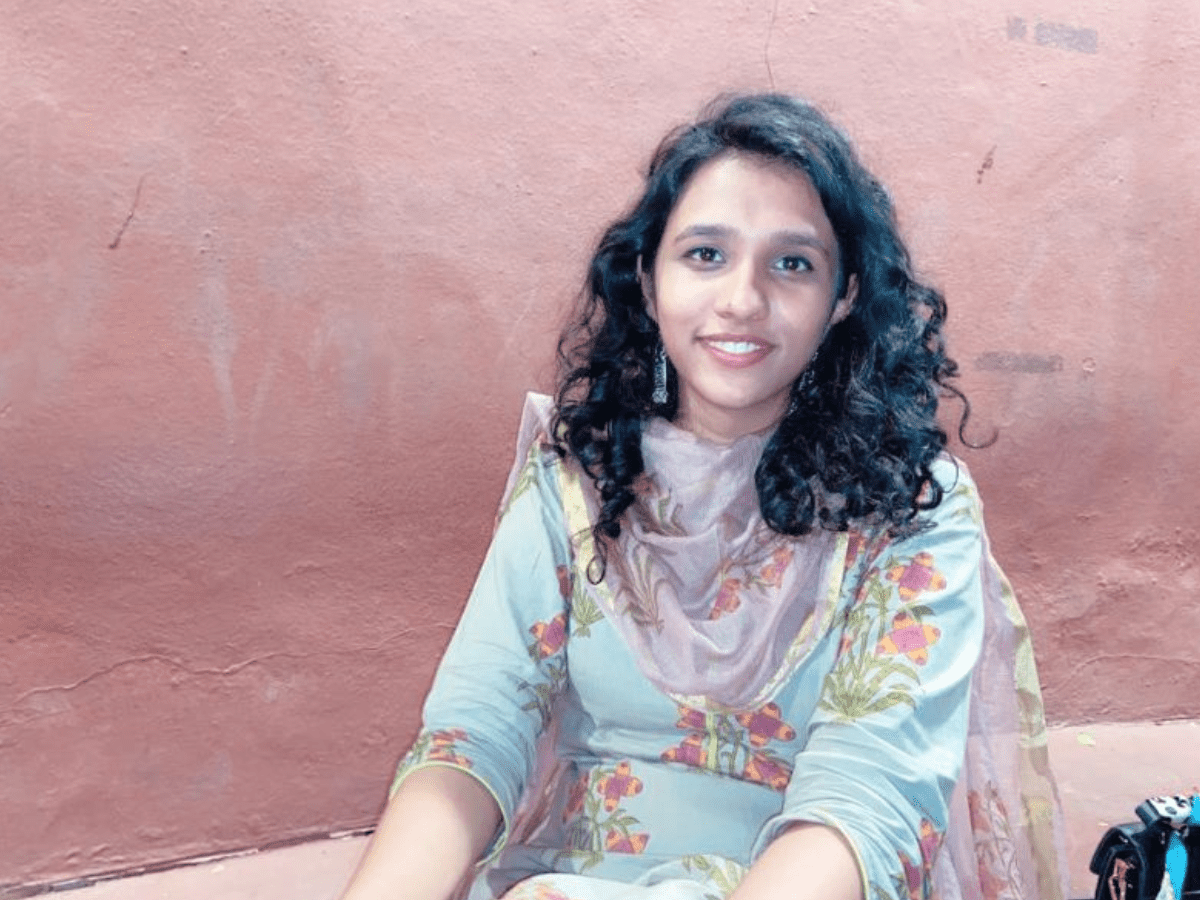
“The screenshots sent shivers down my spine,” wrote journalist Fatima Khan in a tweet nearly a year ago, describing seeing a viral screenshot of an app doing the rounds on social media, which dubbed her as “the sulli deal of the day”.
Khan, along with other prominent Muslim women were subject to cyber harassment when they were “auctioned” in the Git Hub scandal under the banner of Sulli Deals in July of last year.
However, Fatima is more than just a survivor of online harassment. Presently working for The Quint, Fatima was recently shortlisted for the Human Rights and Religious Freedom (HRRF) journalist of the year, as her reporting on atrocities against Muslims gained a lot of traction.
Currently based in New Delhi, she has covered the anti- Citizenship Amendment Act protests, confrontations between Rajasthan’s tribal populations and Hindu organisations, attack on Christians in Haryana, and several other pertinent socio-political issues that have afflicted India in recent years.
Fatima Khan spoke with Siasat.com about what it’s like to be a Muslim woman in India’s media industry.
What was the most difficult reporting experience you had to face?
In terms of reporting, covering the second wave of Covid-19 was enormously challenging. It was a trying time for the entire country, but stepping out and reporting in those times was an arduous task for everyone in the media community. Apart from that, covering the 2020 Delhi riots was of course very exacting- physically, mentally, and emotionally.
How did you get started as a journalist?
I was always curious about what was going on in the world and enjoyed participating in discussions and debates.
I think you don’t really choose your beat, rather, your beat chooses you. It’s rare for a journalist just starting off to be allowed to choose their own beat, but I believe that if you have a natural inclination for something, you will gravitate towards that.
What do you think is the role of a journalist in Indian democracy?
The role of a journalist is very simply to uncover and report stories that those in power don’t want covered.
Who are journalists you look up to?
Over the years, I’ve been influenced by a number of journalists. To mention a few, there was BBC’s Yogita Limaye, NDTV’s Sreenivasan Jain, and The Wire’s Arfa Khanum Sherwani.
Do you think upper-caste Hindus have a moral responsibility in the face of violence against minorities?
They do, without a doubt. Indifference is also complicity. Even if you don’t actively perpetuate hate, your silence in the face of Islamophobia of your family and friends is aiding the atrocities against minorities, and I will hold you responsible for that.
How do you think Muslims should respond to the ongoing violence/atrocities against them?
I am absolutely no one to advise Muslims on how to react or behave. My observation is that there is presently a Muslim awakening taking place in the country, a very strong one.
“Jo musalman ye sochte the ki sab theek hain ya sab theek hi hai; unme bhi dheere dheere ek social-political awakening ho rahi hain,” (Even those Muslims who believed things aren’t too bad, are slowly undergoing a socio-political awakening.) And that’s a good thing. Embrace that awakening.
Do you think media houses in India do a good, or at least decent job of covering hate crimes against Muslims, Dalits, Christians, or other minorities?
Hate crimes aren’t covered by every institution, and they don’t have a separate beat for them. Most organisations just cover it as part of ‘crimes’. My organisation, The Quint, does have a separate beat for communalism and hate crimes.
It is our responsibility as journalists to report and reveal the truth, but it would be unreasonable to ask every Muslim to cover hate crimes. Muslim journalists believe that if they do not adequately cover hate crimes, they are failing in their duties. I don’t believe this to be the case. Initially, I focused on crime and gender issues. Hate crimes were rarely mentioned. However, as time went on, I began to document crimes against minorities. Do what you’re good at and comes to you naturally.
What makes a good journalist?
Honesty. Good old intellectual honesty while reporting and writing.
We don’t work in the movie industry where we can create and add drama at our own free will. We must understand the context of each story we are covering and do our best to cover it with integrity.



